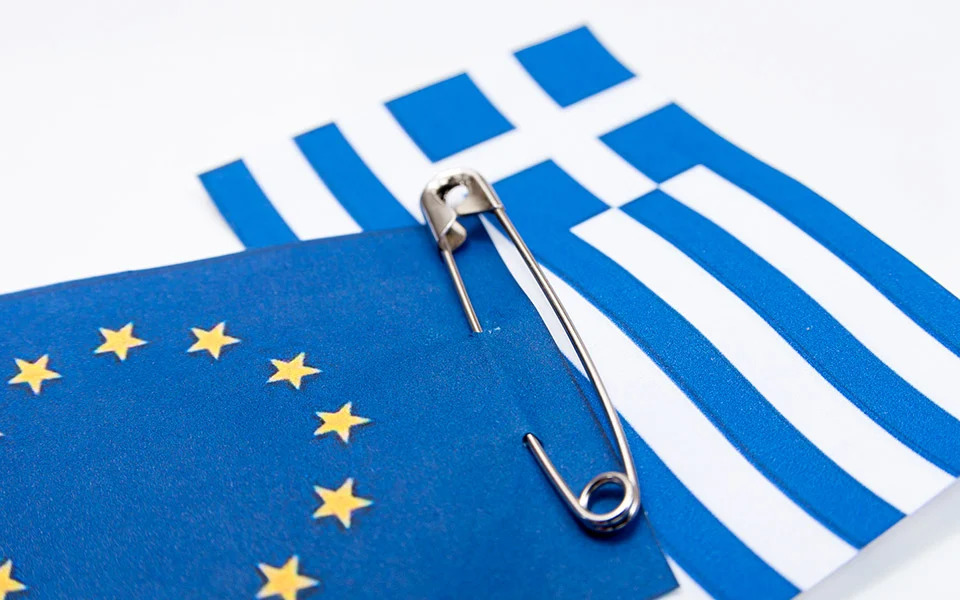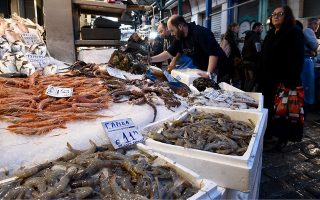1821 – 1981 – 2021: The long-lasting creation of a European nation

The answer is not evident. The question was asked by the Center for Liberal Studies (in a survey conducted in December 2020 by MARC). The question was “which, according to your opinion, is Greece’s most important achievement during the last two hundred years?” The most popular answer (11.6%) was Greece joining the European Union and the eurozone.
If we take into consideration society’s feeling ten years ago – when Europe was more associated with recessionary austerity’s backwash than with bailouts solution – the answer is not evident. But it shows today’s established common perception. It shows what Greeks believe about Palingenesis, not as a moment in history, but as a long, still on-going, historical endeavor.
Greece’s accession into the family of developed European nations was one of the insurgents’ founding goals. It was a goal that seems to have been formally achieved, at least symbolically, 160 years after the revolution. The visible thread connecting 1821 and 1981 are European guidelines, which were already present, as an ideology, in pre-revolutionary writings. National identity was born together with the expectation of a participation in Europe. Modern Greeks appear on the forefront of history as aspiring – free and equal – Europeans.
This European identity becomes more and more substantial after 1981. It expands and takes root in a way that was subsequently denigrated, especially after the 2009 crisis.
The paradox is that it was not disbelieved only by the Eurosceptic forces – who were blaming the EU for Greece’s financial impasses. The European identity was underestimated, from another point of view but equally strongly, by the pro-European party. How? By describing the relationship between Greeks and Europe as a devious exploitation of the “natives,” who managed to deceive the European bureaucracy, and get huge and uncontrolled financing, by misleading it with falsified data.
Cultural upgrade
The Greek who captured the pro-european standpoint, was in fact the one who spent the subsidies in expensive cars and entertainment. The criticism over wasted European aid acknowledged only, at best, some major infrastructure projects. But all other achievements were ignored. As for example the integration of a whole corpus of environmental rules – and their oversight mechanism that forced Greece to take steps – yet slow – to protect its natural wealth; or the survival and transformation of the Greek rural areas, which would have been inconceivable without the European funds: all of this was devalued by the verdict of a national mega-fraud.
The most important forgery brought about by this undifferentiated self-criticism was the concealing of the cultural osmosis brought by Greece’s participation in the European endeavor. Three generations of Greeks had the opportunity to travel and study abroad. Farmers and the lower and middle class did not spend the resources – which to some extent were ensured by the European participation – only on consumption. The stereotype was inaccurate. They did not only buy Mercedes cars but also postgraduate degrees for their children, who had the opportunity to travel and study like no other post-War generation.
This cultural aspect of broad horizons, open borders, Erasmus and university studies, is the least mentioned.
The map outside and inside
History is not written with an “if.” But it is not difficult to imagine what would have been the fate of a young country in the south-eastern Balkans if it hadn’t joined Europe from its first existence. Suffice to take a look at the map, north and east of Greece.
The benefit for the country’s international status – the fact that threats are faced under the safety of a large community – is rather conventional-wisdom. Even those calling for a more active European support on the national fronts, do not dare to claim that Greece would be better off alone.
The story that remains to be written is how this annexation also helped the internal institutions to survive, under conditions much worse than those leading to the collapse of even more mature democracies.
How did the Greek Republic persist in 2012 and 2015? Was it just the planes from Frankfurt, with money transfers from the European Central Bank, which kept the system alive? Or was it the fact that, even in the most difficult times, the Greek Prime Minister was called upon to make the most difficult decisions at the same table as his counterparts in this large, supranational family?
An experienced public figure said that if you have attended even one summit – if you sat at this table – you do not have the soul to get up and leave.
Now is the time to think about what he meant.





